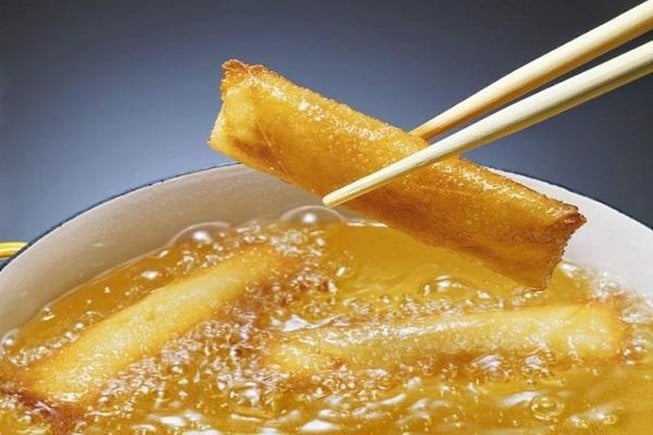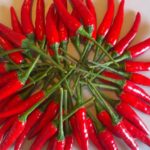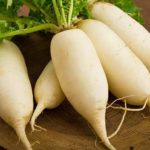Wine
Wine is a type of drink that has no expiration date, on the contrary, the longer it is kept, the more valuable it becomes. Especially with golden wine, the longer it is stored, the more fragrant and rare it becomes. Therefore, with wines, you should never pour them away, but keep them as long as possible.
Honey
Honey is a type of food that has no expiration date because honey itself is a natural substance with strong antibacterial properties, the longer it is stored, the more fragrant it becomes.
In the nutritional composition of honey, it contains sugar, low humidity, and natural gluconic acid, hydrogen peroxide acid which helps honey not oxidize in the air. Honey should be stored in a dry and cool place to prevent it from spoiling. You do not need to store this product in the refrigerator, just keep it in a cool, dry place, avoiding direct sunlight.

Old vinegar
Vinegar is a familiar spice in the kitchen. At the same time, vinegar has a very long lifespan because it is acidic. It can preserve itself without needing to be refrigerated. According to regulations, vinegar with acidity above 4.5 degrees can be preserved for a long time even without preservatives.
When reaching this level of acidity, the very low pH value can significantly inhibit the growth of microorganisms, preventing bacteria. That is why vinegar can preserve itself and does not need to be refrigerated. However, you should still store vinegar properly and according to standards. Keep vinegar in a dark, cool place, away from heat sources to prevent it from spoiling.

Salt
Salt, like cooking oil and vinegar, is a familiar seasoning in the kitchen. At the same time, salt is a mineral, not a cooking ingredient, so it cannot spoil. Not to mention, salt is often used to protect food from mold and bacteria to preserve them longer. This is due to the process of osmosis when water is drawn out of the food by salt, creating an excessively dry environment for mold and bacteria to grow.
Salt‘>Discovering Unusual Ways to Utilize Salt
More Useful Advice for Homemakers (Part 2)
Have you heard of the surprisingly easy tips to make cooking and household chores simpler? White radish eliminates the acrid taste of salted meat, adding alum to raw shrimp helps soften it, and adding cold water when frying eggs can make them crispy – these are just a few of the tricks to make your life easier.





































